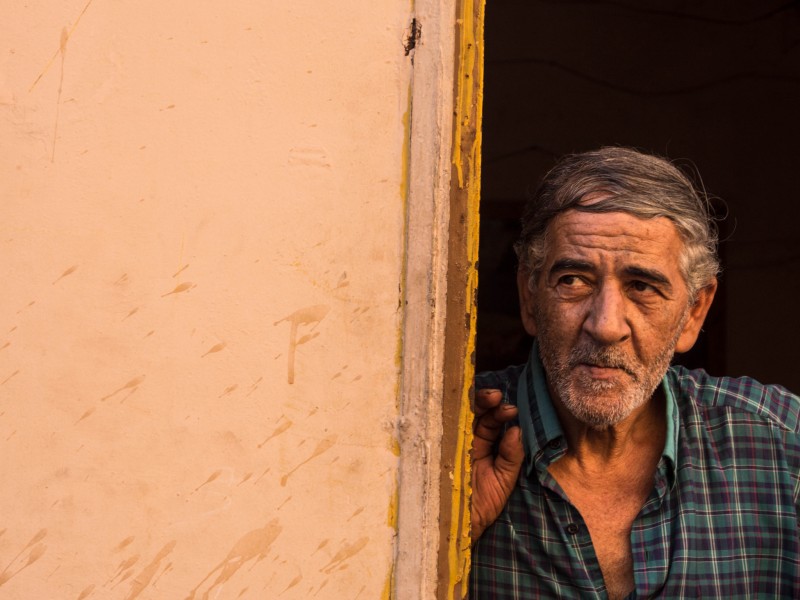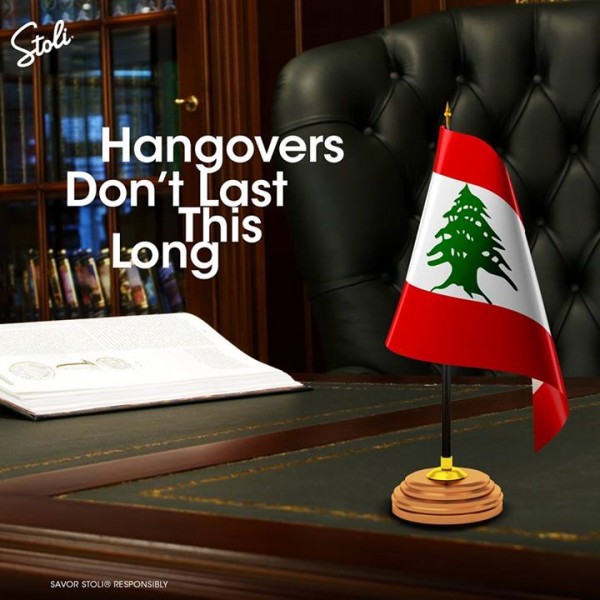The Lebanese parliament recently voted to prolong its own term. Again. This time, politicians added another two and a half years to their time in office. This is the second postponement of new parliamentary elections, in effect doubling the initial mandate from voters. Only two MPs opposed the extension, and another 31 boycotted the session altogether. Ninety-five MPs supported the initiative, which some are calling unconstitutional.
The move by parliament could be a serious, dangerous even, setback for Lebanon. As Human Rights Watch explains on its website, postponing the elections clearly contravenes international human rights obligations:
The proposed extension bill, for the second postponement since the legislature took office in June 2009, would contravene Article 25 of the International Covenant on Civil and Political Rights (ICCPR), which Lebanon ratified in 1972. Article 25 stipulates that every citizen shall have the right and opportunity to vote and be elected in genuine periodic elections.
“There is never a convenient time to hold elections, particularly in Lebanon, but this country has held elections in difficult circumstances in the past, including 2005 and 2009,” said Nadim Houry, deputy Middle East and North Africa director at Human Rights Watch. “The failure of politicians to reach an agreement on a new election law or to nominate a new president does not justify suspending the right of Lebanese citizens to vote.”
Angelina Eichhorst, head of the European Union Delegation to Lebanon, tweeted:
Asking what cld ve been done differently over past period 2 avoid a parliamentary #extension, a sad day in #Lebanon‘s constitutional history
— Angelina Eichhorst (@aneichhorst) November 5, 2014
“We are only left with memories of what was once a civil right: voting,” wrote journalist Nadine Mazloum in a blog post, titled “8 Things to Do to Parliament.” The list brainstorms “how we can better utilize parliament, given how totally inept it is,” and includes suggestions like “acting workshops” for the MPs who couldn't find it in themselves to resign and “paleontology” to study Lebanon's “extinct” political scene.
Many ordinary Lebanese citizens have responded to the parliament's vote with anger and exasperation. In Beirut, one group even blocked the road to the parliament building, throwing tomatoes at lawmakers and carrying signs that read “No to the Extension!” Many also yelled at the MPs, calling them “thieves”.
Carine Torbey, the BBC's Beirut correspondent tweeted a photo of protesters attempting to block the roads as the politicians were on their way to Parliament.
Protesters blocking the roads to stop #MPs from voting to extend the term of the #Parliament for 2nd time #Lebanon pic.twitter.com/hBQKd6DaPx
— CTorbey كارين طربيه (@carinetorbey) November 5, 2014
Vodka maker Stolichnaya even took the opportunity to promote itself at the expense of Lebanon's self-perpetuating parliamentarians, writing on Facebook that even “hangovers don't last this long”:








